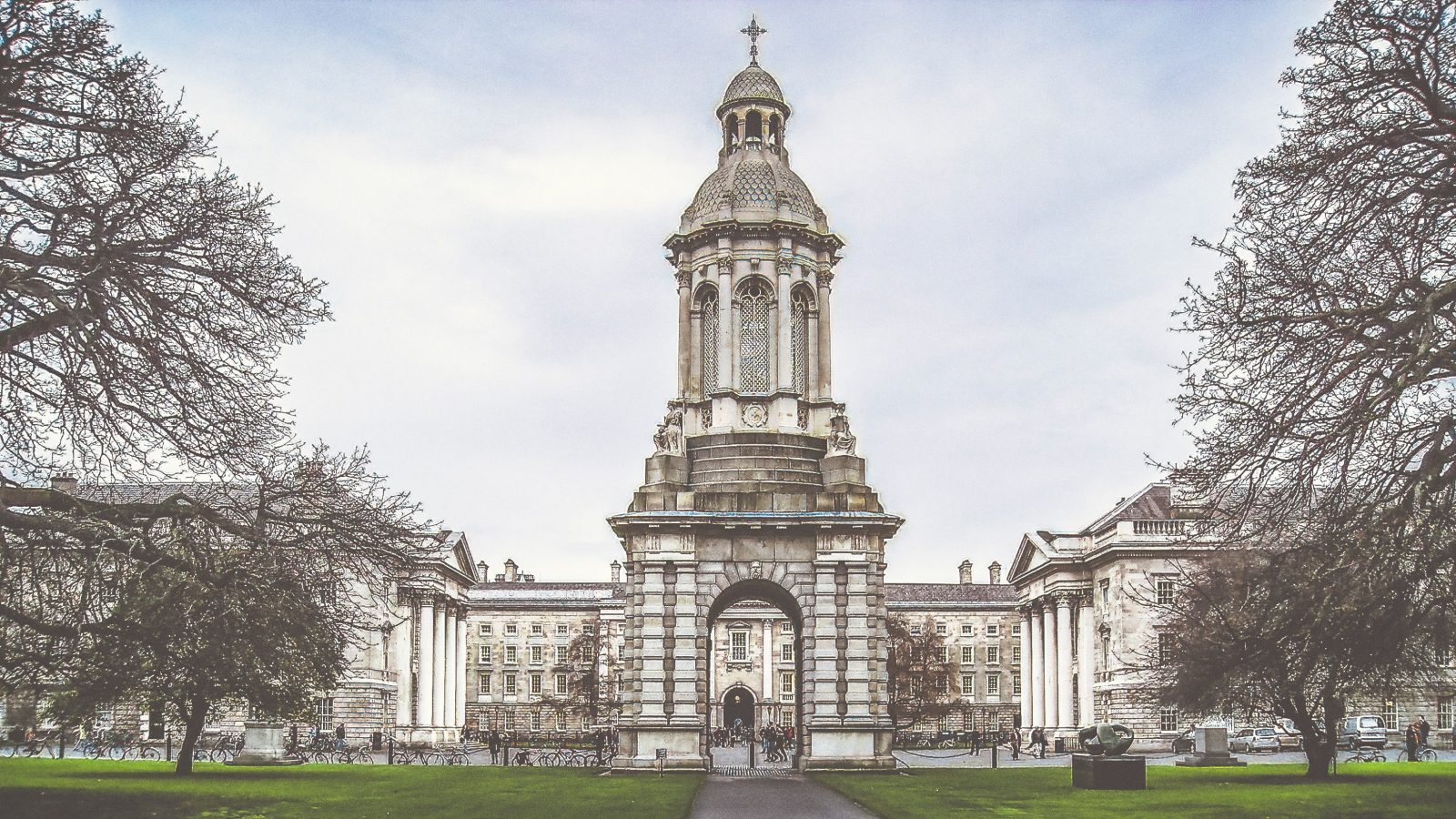Last month, the Good Summit Ireland, hosted in Trinity College, aimed to create “a space for dialogue that motivates those who feel disengaged and disenchanted with how the world works, offering a platform for solidarity, with new ideas and empowerment.” Editor Rose attended a talk on the topic of diversity in the workplace and reports for STAND News
Over 40 speakers, ranging from activists to corporates and researchers, spoke at events in six locations across Trinity’s iconic campus for the 4th edition of the annual Summit.
The ambitious purpose of the event clearly translated to the wide range of complex topics the expert panels discussed, ranging from homelessness, sports, social enterprise, health and more.
Due to the scale and timing of the event, it was impossible to attend every talk. Instead, event-goers limited their attendance and participation to specific talks of personal interest. Attendees milled around the Trinity campus, interacting with student volunteers who led the way to different venues. Although it was heartening to see the number of student volunteers, there did not seem to be many students attendees. Perhaps, like me, they had to find a way to fit the Summit talks into their already busy college course schedules.
I followed the directions of a student volunteer up a narrow staircase to the Diversity & Equality in the Workplace session, hosted by Moira Hogan, head of marketing at Business in the Community Ireland. In a bit of unintentional irony, the location of this event was a reminder of the practical challenges involved in accommodating diversity, as an audience member pointed out the lack of accessibility to the venue. Although the panel and the entire Good Summit meant to promote diversity, it was not accessible to those who may have physical disabilities or difficulties walking – thereby physically excluding them from participating.
Ms. Hogan and her organisation aim to “make all companies in Ireland responsible and sustainable,” which includes promoting diversity, equality, and inclusion. The business workforce of Ireland today does not accurately reflect the diversity of the nation’s population. By helping companies develop and update their policies to promote diversity and equality while also sponsoring programs aimed to help people enter the workforce, Business in the Community Ireland aims to close this gap.
Ms. Hogan and her colleagues answered questions about the current barriers and obstacles to diversity in the workplace, as viewed from the perspective of job-seekers. Many of their clients are refugees and immigrants to Ireland who face challenges finding employment and integrating into society.
A large proportion of the barriers to diversity in the workplace lies in the strict requirements set by many employers. Irish employers expect Irish qualifications, for example the leaving certificate, an Irish college degree, or a certain score on an aptitude test. As the panel pointed out, these expectations are culturally biased and potentially exclusive. Foreign nationals are less likely to have leaving cert qualifications and are very unlikely to score highly on a subjective aptitude test. As a result of this restrictive qualification mentality, employers tend to undervalue work experience or qualifications obtained in other countries, effectively treating workers as though anything they have done outside Ireland has no value.
Other challenges can be attributed to the less quantifiable aspects of the employment process. What one panelist referred to as “the Irish way of doing things” can be very challenging to grasp for those coming from the outside. Irish culture, like any other, has its own communication style. Although the prefered style here includes eye contact and small talk, there are cultures where avoiding eye contact is a sign of respect, and others where speaking directly is considered more polite. There is a tendency in Ireland to see what is culturally different as less than ideal or simply incorrect. As a result, instead of embracing diversity this hiring philosophy excludes those who do not fit the mould.
In practice, many of these same barriers serve to exclude Irish nationals as well. Aspects of physical appearance such as skin color, religious attire, and even hairstyle, can also be points of discrimination. As evidenced by the stories of some clients of Business in the Community Ireland, something as simple as having a Muslim name can be a barrier. Racism and religious discrimination and unconscious bias are some of the largest barriers to diversity and equality in the Irish workplace.
The business sector has the potential to be a huge instrument of positive change in society. Business in the Community Ireland works with companies to alter their requirements and reframe their mindset in order to promote diversity and innovation. The benefits of diversifying the Irish workforce are not merely social. As stated by Ms. Hogan, businesses with higher levels of diversity are 80% more productive, and innovation is promoted substantially by diversity.
In keeping with the Good Summit values, the panel speakers encouraged audience members themselves to do their part to promote diversity and equality in Ireland. Hogan and her colleagues implored summit-goers to “take greater responsibility about racism in Ireland” while reminding people that the personal impact of compassion and collaboration can make a substantial difference in the community.
Photo by K. Mitch Hodge on Unsplash
Browse more stories below or sign up to our newsletter to receive our top news straight to your inbox!
